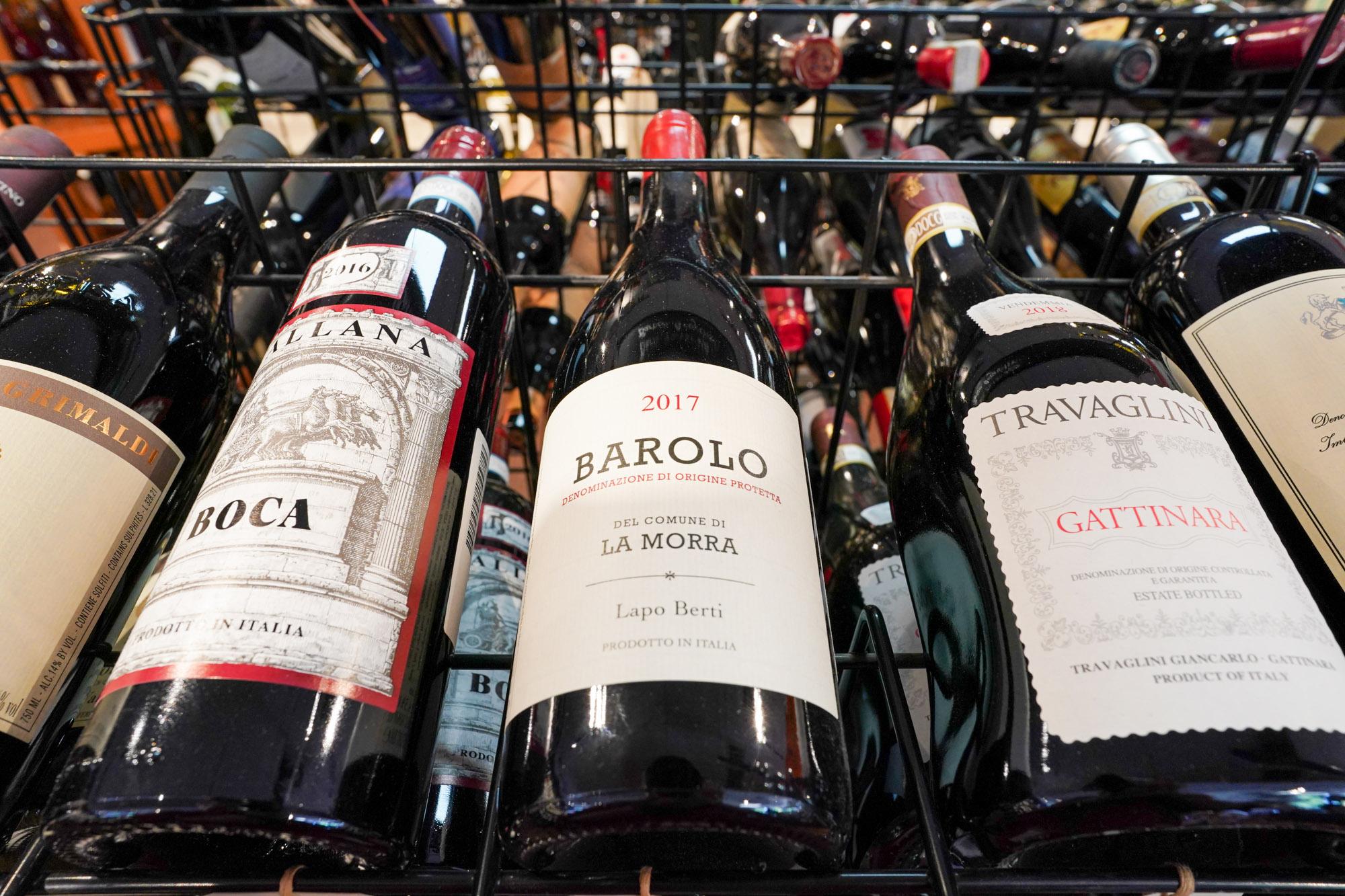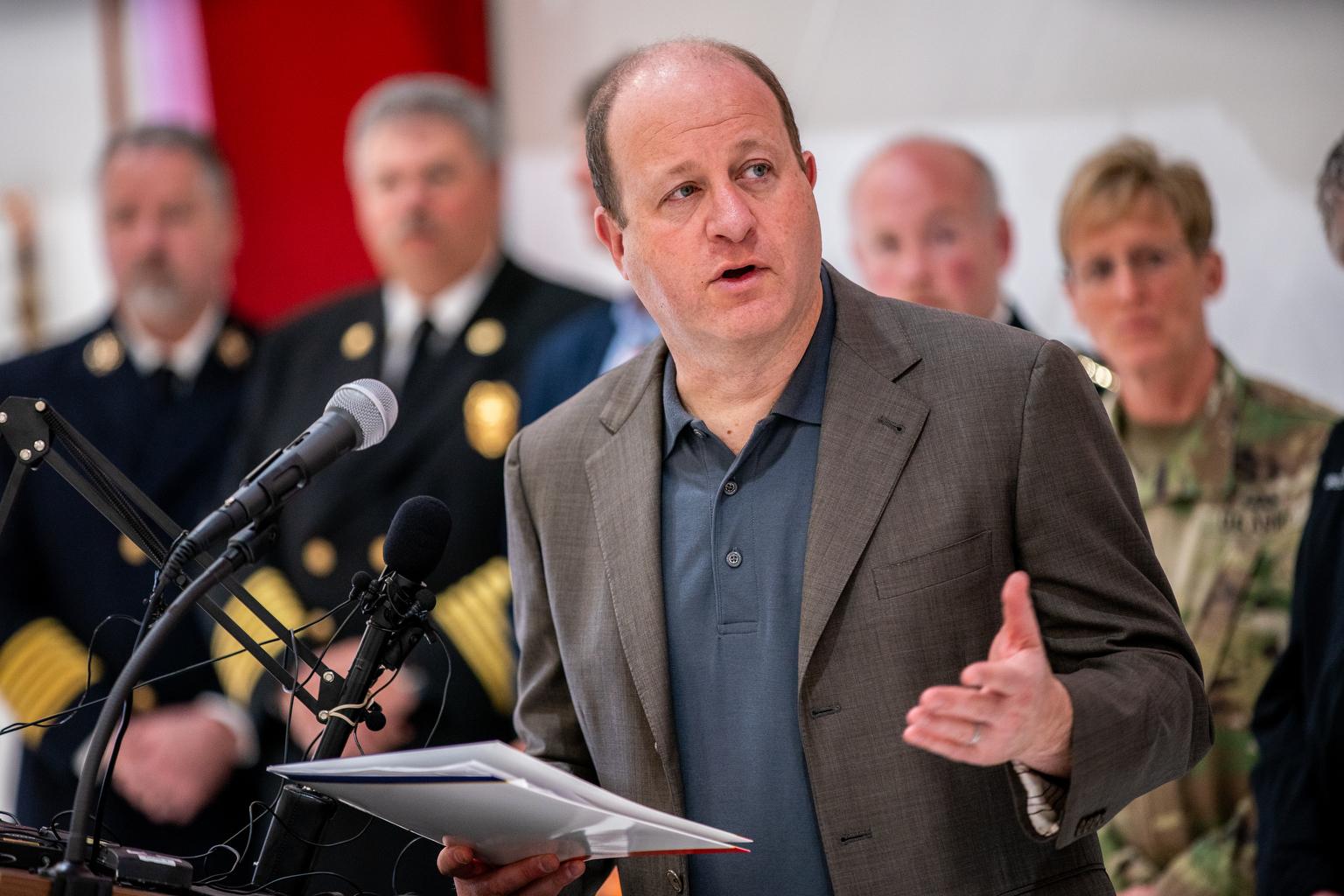
The stage for the latest battle over Colorado’s alcohol laws is set for this fall.
The Secretary of State’s office announced Friday afternoon that three measures, all related to retail alcohol sales, met the signature requirement for the November ballot.
The most prominent proposal would allow grocery stores to sell wine. Currently, the vast majority of grocery stores can only sell beer. Supermarket chains are selling the change as a way to increase customer convenience, while liquor store owners are concerned that this will hurt their bottom line and argue it could lead to fewer options for customers.
Another measure will ask voters if the state should allow third-party delivery of alcohol. Under current law, only liquor stores themselves can deliver alcohol, using their own vehicles and employees.
Proponents of third-party delivery — that is, companies like DoorDash and UberEats — say this will open up another revenue stream for liquor stores that aren’t already doing deliveries. But liquor stores themselves are wary of whether they’ll see much profit in the end.
The final measure would allow liquor store chains to expand rapidly in the coming years. Historically in Colorado, one person was only allowed one liquor license, which is what gave rise to the state’s system of independent stores. Changes to the law in 2018 increased the number of licenses available to liquor establishments but phases the expansion in gradually over 20 years.
At the moment, a chain can only hold three liquor licenses. This measure would increase that to eight immediately, and 13 by 2027.
The chain store initiative has been funded exclusively by Total Wine & More. The national chain currently has three Colorado locations, all in the metro Denver area. Across the country, Total Wine & More operates 237 stores in 27 states.
The company was founded by brothers Robet and David Trone, the latter of whom is currently a Maryland congressman.









